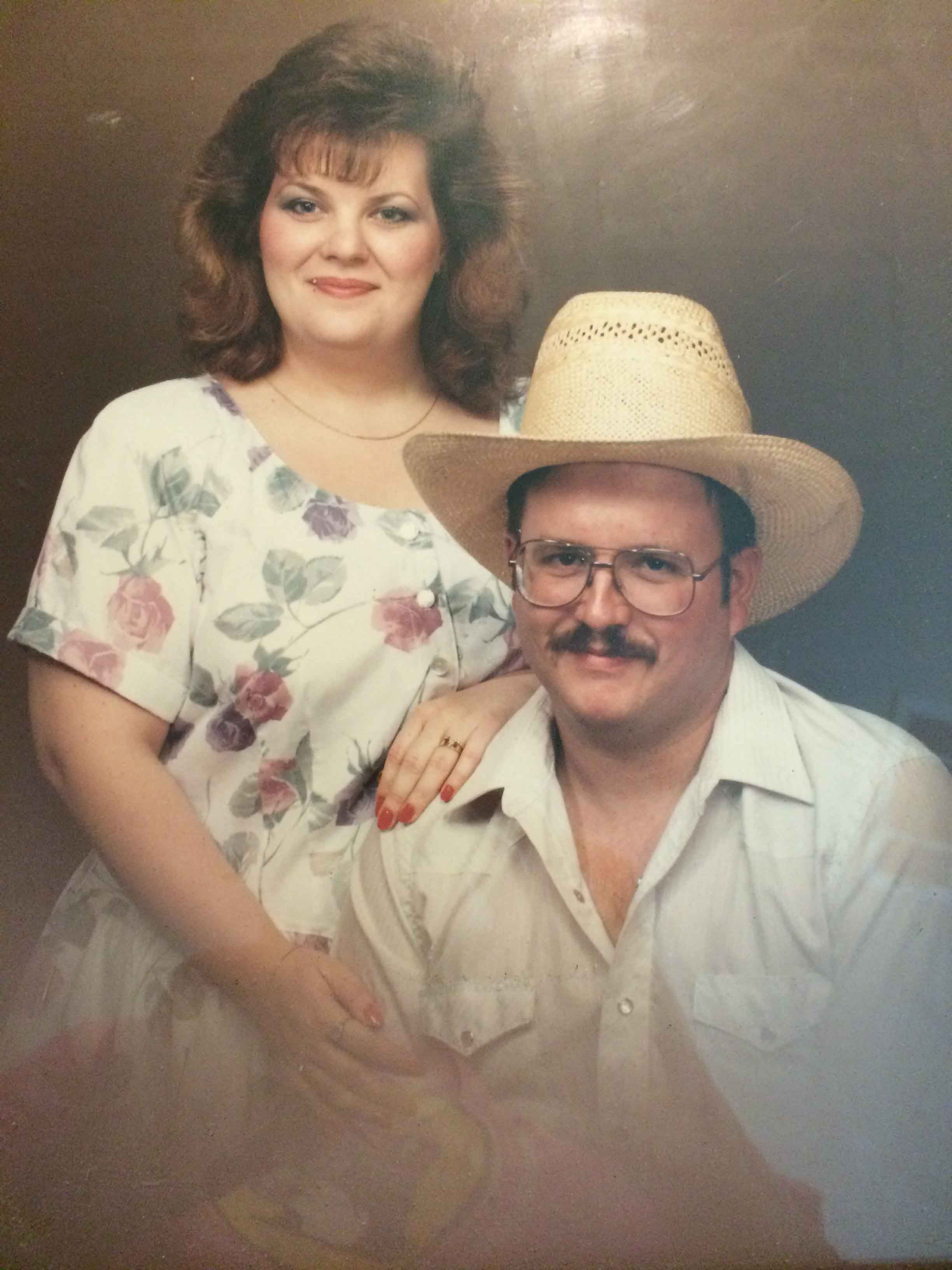Execution of Man Who Killed Neighbors is State's First in Months
/https://static.texastribune.org/media/images/2016/09/30/Barney_Fuller_TT.jpg)
*Correction appended
Editor’s note: This story has been updated to reflect the execution.
Six months after the Texas death chamber held its last execution, Barney Ronald Fuller Jr. was put to death by lethal injection Wednesday for the 2003 shooting deaths of his neighbors in rural East Texas.
Fuller's execution broke the longest gap between executions in Texas since 2008, when the U.S. Supreme Court was considering the constitutionality of lethal injection. It also marks the first time Houston County hasput someone to death since the penalty was reinstated in the United States in 1976.
Laid out in the Texas death chamber with an IV in his arm, Fuller declined to give a last statement. At 6:23 p.m., a lethal dose of pentobarbital started running through his veins, according to the Texas Department of Criminal Justice. He was pronounced dead at 7:01 p.m.
Fuller, 53, was sentenced to death for killing Annette and Nathan Copeland, his neighbors on the outskirts of Lovelady, a small town with around 600 residents at the time about 100 miles north of Houston. In the early morning of May 14, 2003, he fired into their home with an assault rifle before breaking in and killing them both with a pistol, according to court documents.
“We got a call in the middle of the night that our family had been murdered,” said Ona Presto, Annette's older sister who became guardian of the Copelands’ two children.
The tension between the neighbors began several years earlier. In 2001, Fuller was charged with making terroristic threats against the Copelands after he allegedly shot and damaged their electric transformer, then threatened them when they called the sheriff’s office, according to testimony from the sentencing trial. The Copelands called deputies to their home several other times claiming Fuller was firing weapons, but no action was ever taken.

On May 13, 2003, more than two years after charges were filed, Fuller received a letter from the Houston County courthouse about his upcoming trial, sending him into a rage, according to testimony from Fuller’s wife, Linda. He drank through the day and night and eventually sent Linda and their children from the house.
At around 1:30 a.m., he walked the 200 yards to the Copeland’s home and fired 60 rounds into the house with an assault rifle, according to court documents. He then broke down the back door, and first went into the bedroom of the Copeland’s 10-year-old daughter, but left when he couldn’t turn on her light. He went into the master bedroom and fatally shot both Nathan, 43, and Annette, 39, with a pistol before heading to their son’s room. Cody, 14, was shot twice in the shoulder, but survived.
During the initial gunfire, Annette managed to crawl into the bathroom to call 911. During the call, the operator heard a man say, “Party’s over, bitch” before hearing pops, then silence, according to court testimony.
“It’s just a heinous crime,” said Randy Hargrove, an investigator for the Houston County District Attorney’s Office and former sheriff deputy who worked the crime scene in 2003. “The man doesn’t need to be on this earth.”
Fuller was arrested at his home several hours later, and pleaded guilty to the murders in court. After a sentencing trial, the jury handed down the death penalty.
Hargrove said he couldn’t remember another case in Houston County where the death penalty was pursued. Fuller’s was the first execution from the county on record, and no other current death row inmates were sentenced by the county. Hargrove said he believes the death penalty was right for Fuller but hopes there will be no future cases.
“It’s really sad for both families,” Hargrove said, adding that he feels for Fuller's mother as well as the Copelands. “But you reap what you sow. If you plant corn, you don’t harvest peas ... That’s just the way it is.”
Presto has always believed the death penalty was the right punishment for her sister’s killer, she said.
“I do believe that God made this determination, and that he is getting justice done for what he did to two innocent people,” she said.
Fuller’s direct appeal was denied by the Texas Court of Criminal Appeals and U.S. Supreme Court, and the one other appeal he filed was also denied. Among the appellate claims was his incompetence to stand trial or enter a guilty plea because he acted irrationally and removed himself from the courtroom for most of the jury selection process and trial.
Fuller waived all further review of his case in May, according to his lawyer, Jason Cassel. The execution on Wednesday evening was the seventh of the year. One other execution is scheduled for 2016.
Presto, along with her sister and the Copelands' two children, planned to witness the execution in Huntsville, though she said beforehand she didn’t know what to expect.
“I don’t know if this is our answer or not,” Presto said of the execution. “We’re hoping to see a closure once this has all happened.”
Related to this story:
- It's been more than five months since the last execution in Texas, an unusual gap for the nation's most prolific death penalty state.
- The Texas Court of Criminal Appeals has halted the execution of Jeff Wood — a man who never killed anyone — six days before he was set to die by lethal injection.
Correction: An earlier version of this story said that two other executions were scheduled for 2016, as listed on the Texas Department of Criminal Justice website. There is only one other execution scheduled this year, according to a department spokesman.
Information about the authors
Learn about The Texas Tribune’s policies, including our partnership with The Trust Project to increase transparency in news.
/https://static.texastribune.org/media/profiles/04_Jolie_McCullough_MG.jpg)